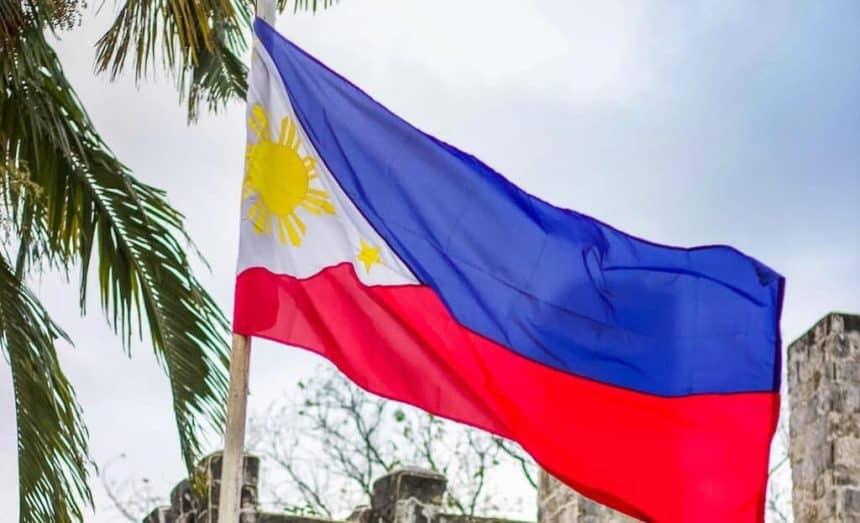The Philippines is a country rich in history, traditions, and diverse cultural influences. If you are considering moving to the Philippines, doing business there, or buying real estate as a foreigner, understanding the culture in the Philippines is essential for a smooth transition and successful integration.
1. Filipino hospitality and warmth
One of the defining characteristics of Filipinos is their remarkable hospitality and warmth towards visitors, expats, and foreigners. Known as one of the friendliest nations in the world, Filipinos are always ready to lend a helping hand and make you feel at home. Whether you’re buying an apartment or making business deals, expect to be greeted with genuine smiles and open arms.
2. Respect for elders
In Philippine culture, respect for elders is deeply ingrained. The concept of pagmamano, where younger people take an elder’s hand and press it against their forehead as a sign of respect, is still practiced today. Remembering to show respect towards older individuals will go a long way in creating positive relationships with locals.
3. Strong family ties
Families play a central role in Filipino society. In the Philippine culture, it’s common for extended families to live together or in close proximity, fostering strong bonds and support systems. Understanding the importance of family ties will help you navigate social interactions and build connections in both personal and business settings.
4. Festivals and celebrations
The Philippines is known for its vibrant festivals and celebrations. From the colorful Sinulog Festival in Cebu to the grandiose Ati-Atihan Festival in Kalibo, there’s always something festive happening throughout the year. Immersing yourself in these cultural events will not only allow you to appreciate Filipino traditions but also provide opportunities for networking and building relationships.
5. Language
While English is widely spoken in the Philippines, learning a few basic Filipino phrases can greatly enhance your experience. Locals will appreciate your effort to communicate in their native language, even if it’s just simple greetings or expressions of gratitude.
6. Business etiquette in the Philippines
When doing business in the Philippines, it’s important to understand the local customs and etiquette. Building a personal relationship before diving into business matters is highly valued in the Philippine culture. Business meetings often start with small talk and getting to know each other on a more personal level. Patience, flexibility, and respect for hierarchies are key when negotiating deals or making decisions.
7. Real estate considerations
If you’re planning to buy real estate in the Philippines as a foreigner, there are certain considerations to remember. It’s important to work with a reputable real estate agent with a thorough knowledge of local laws and regulations regarding foreign property ownership. Additionally, understanding the different types of land ownership classifications, such as freehold or leasehold, will help you make informed decisions when investing in real estate.
Buy property in the Philippines with Own Property Abroad
Do you want to buy or sell property in the Philippines? Own Property Abroad can assist you and ensure a seamless and hassle-free property journey. Thanks to our extensive knowledge and local experience in the Philippines, we can help with legal requirements, finding properties, negotiating the best deals, and conducting due diligence.
With our expert team, you won’t have to navigate the complexities of the Philippine market alone. For further information on how we can assist you, kindly drop your details below or email us at [email protected].
Frequently Asked Questions (FAQs)
What is the culture in the Philippines?
The culture in the Philippines is a rich blend of indigenous, Spanish, and American influences. It is characterized by strong family ties, deep religious beliefs, and a vibrant arts scene. Filipinos are known for their hospitality, respect for elders, and love for karaoke.
What are the most important traditions in the Philippines?
Some of the most important traditions in the Philippines include fiestas (festivals), where communities come together to celebrate their local patron saint; traditional dances like tinikling and pandanggo sa ilaw; and pagmamano (blessing by touching an elder’s hand to one’s forehead). These traditions showcase the country’s cultural diversity and heritage.
Why should foreigners respect the Philippine culture?
Foreigners should respect Philippine culture as it reflects the values and identity of its people. Respecting local customs, traditions, and etiquette shows appreciation for the host country and fosters positive relationships with locals. By understanding and embracing Filipino culture, foreigners can have a more meaningful and enriching experience during their stay in the Philippines.
What is the most important religion of the Philippines?
The most important religion in the Philippines is Catholicism. Spanish colonizers introduced it in the 16th century, and it has become deeply ingrained in Filipino culture. Approximately 80% of Filipinos identify as Catholics, with churches and religious institutions playing a significant role in communities across the country. Catholic traditions, such as fiestas and processions, are widely celebrated, and religious practices are observed by many Filipinos. However, it’s worth noting that there are also minority religious groups in the Philippines, including Islam, Protestantism, and indigenous belief systems.



